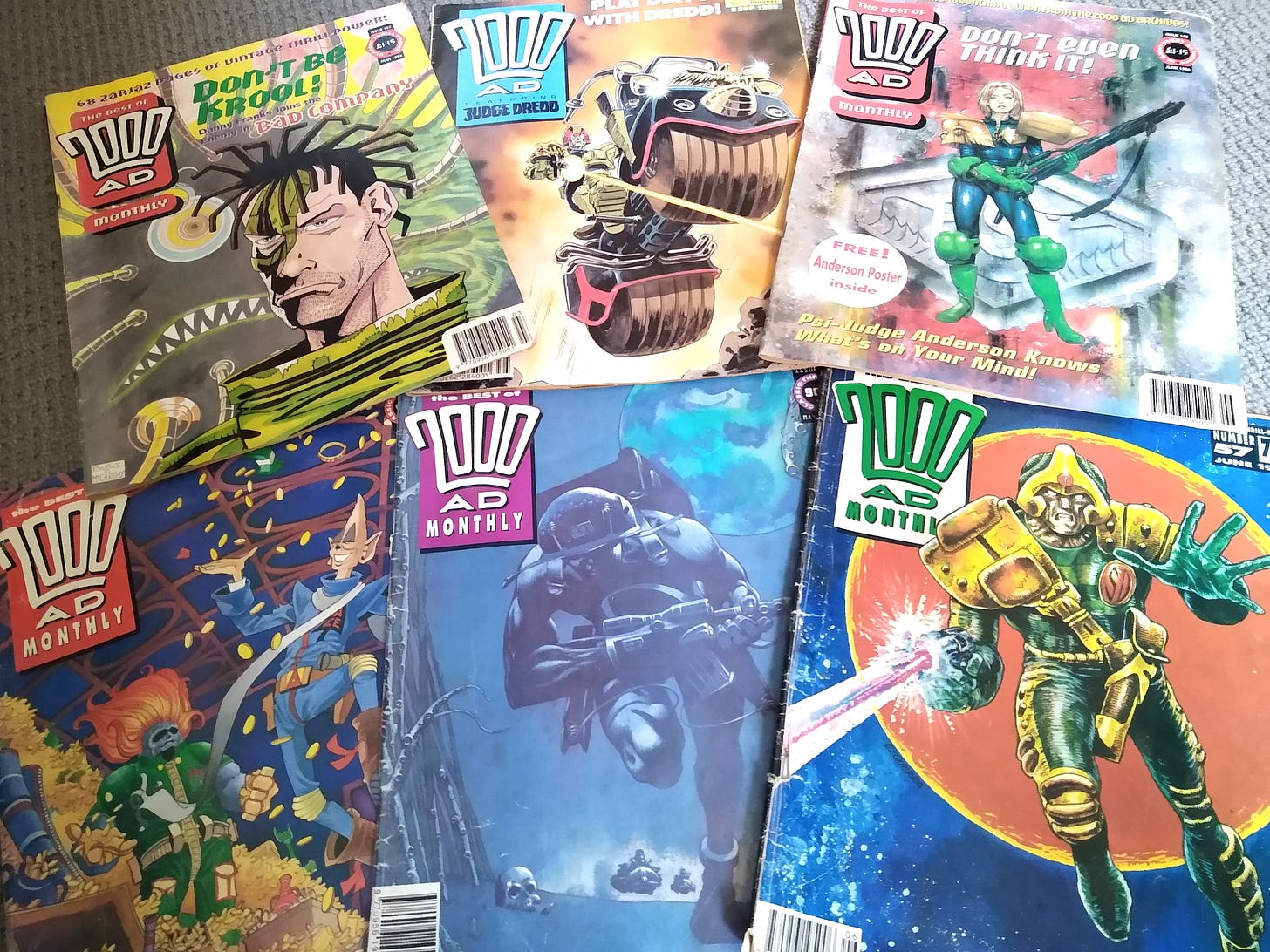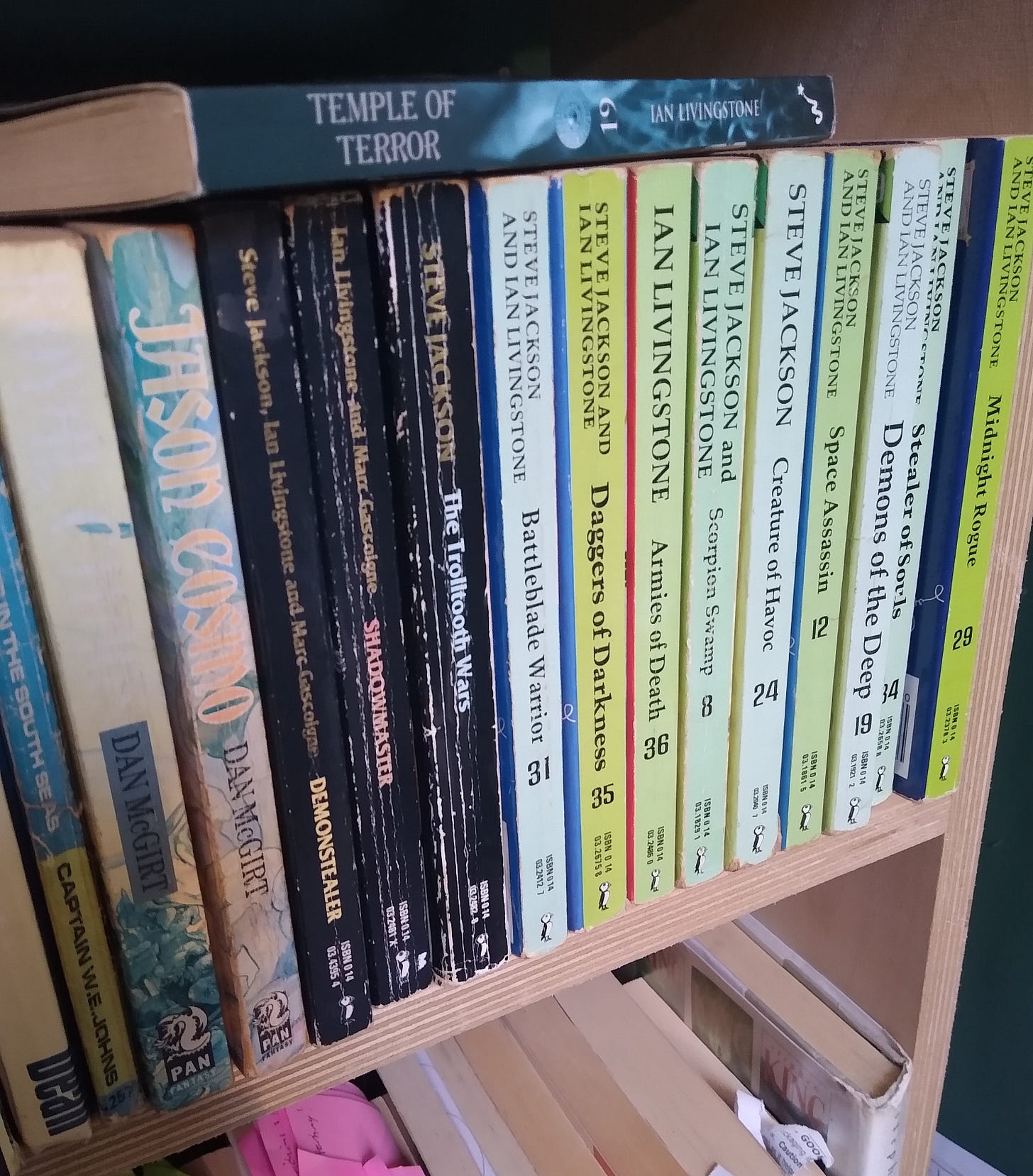For many of us, writing fiction can seem like a thankless task. We spend months, years, crafting our stories – then our work goes out into the world and is largely ignored.
Of course, this isn’t every writer’s experience. There are bestselling novelists who gain a great deal of attention. Others publish online and have a dedicated readership.
But for the vast majority, no matter how hard we toil, or how powerful our stories might be, our efforts go mostly unnoticed.
At least, that’s how it currently feels to me. My latest novel, Dark Fire, was published a month ago. Since then there has been no flood of reviews; no fanfare or plaudits. Just...silence.
And I’m one of the luckier ones. I’ve got a book deal, and an agent, and a top publisher with a marketing department. Thousands of other writers, lacking those advantages, have even less chance of getting their work seen.
All of which begs the question: with so little encouragement, how do we keep going?
Perhaps we’ve all got our private tactics. Something that has worked for me is to remind myself, with the aid of keepsakes, why I started writing in the first place.
Of course the why is complex. There are all sorts of egotistical reasons that might have led me down this path. The desire for applause and riches can never be discounted.
But I’m fairly sure, when I get right down to it, that the true driving force behind my becoming a writer was my love of stories.
As a boy, I read countless comics. There was no feeling in the world like returning from school to find the latest edition of 2000AD waiting on the kitchen table. Taking it to my room and losing myself in the adventures of Judge Dread or Rogue Trooper.
I was a huge fan too of the Fighting Fantasy gamebooks created by Steve Jackson and Ian Livingstone. I read and played my way through Creature of Havoc over and over, along with Citadel of Chaos and Armies of Death and all the rest.
Decades later, I still have my musty copies of the Fighting Fantasy books, along with many of my old comics. They live near my writing desk. I keep them for nostalgia, certainly, and for the love of the people who gave them to me.
But they also serve an ongoing purpose. Whenever I feel dispirited and discouraged, as I have done recently, I flick through the pages of a Strontium Dog comic, or read a passage from The Trolltooth Wars.

Doing so, even now, still causes a shiver of excitement. It’s the same thrill I remember from waking up to Saturday morning cartoons, or discovering a new Transformers annual.
Back then, my love of storytelling was unadulterated. I knew nothing of publishing, or sales. There was none of the greed or fear of failure attached. To my boyhood self, stories were freedom and wonder and endless possibility.
That wide-eyed boy still exists, somewhere deep inside me. Going back to those first, most-loved stories brings him to the surface. Sometimes I sit with him for a while, imagining him in my mind’s eye, basking in his open, joyful curiosity.
As with so much in life, and particularly anything creative, it’s a question of quietening the thinking, and turning up the volume on the feeling. According to my thinking mind, there are countless reasons why I should hesitate to ever write another word: the world doesn’t need more stories; it doesn’t need my stories; my efforts are doomed to failure.

But I refuse to live in such a miserable rational world. I’d rather listen to my heart, which insists on something very different. It isn’t easily put into words. It can only really be felt.
And I do feel it, as I flick through the pages of 2000AD, or Fighting Fantasy. I feel it as an invisible thread tugging me back to my desk, insisting I sit down and start crafting another story of my own.
I feel it as a glimmer of hope that somewhere, someday, a reader will pick up one of my books and immerse themselves in it with pure wonder – the same wonder I felt reading those first stories all those years ago.
How about you? How do you keep going?
P.S. I’m not the only one who reaches back to childhood stories to lift their spirits. I read this recently from fantasy writer
and it struck a chord…P.P.S. Don’t forget to pick up a copy of Dark Fire. It’s the second instalment of the Blind Bowman trilogy, which the Guardian compared with A Game of Thrones, and bestselling author Jackie Morris called: “Haunting. Breathless. Wild. Magic.”







Congrats on the book! That's a huge accomplishment in itself.
What always brings me back to writing is the writing itself. I've said for forever that you can't write thinking you'll be the next Stephen King or George R.R. Martin or whoever. For one, the chances are astronomical. For another, it's actually counterproductive, trying to live up to those standards. Besides, even Stephen King was lucky to become Stephen King -- there are many great writers who didn't have the right combination of luck, perseverance, and connections to get to where he is today.
So, the secret I think is to write for yourself. I mean, always keep the reader in mind of course. But don't write for fame and fortune. That isn't good for the already-delicate writer's soul.
Write for fun and keep at it, and let the rest work itself out. That's my approach, anyway.
"Of course the why is complex. There are all sorts of egotistical reasons that might have led me down this path. The desire for applause and riches can never be discounted.
But I’m fairly sure, when I get right down to it, that the true driving force behind my becoming a writer was my love of stories."
Wow did I need this today! Between all the feelings I've encountered in the wide world this week, and my own personal fears, sense of rejection, and failure, I've been grappling with these exact questions: Should I keep going? If yes, why and how?
You've brought me so much clarity. Like you, I also can't remember a time in my life when I didn't LOVE stories. Thinking back to my childhood, I realize that what I've especially loved most is how a good story could make me feel more. More alive, more connected, more significant, more inspired, more creative, more, more, more.
For me, this is what makes a story GOOD. And so, whether it's egotistical or not, this is what makes it worthwhile to keep writing. And if the only person who feels anything when they read my work is me, well, that just means I have more work to do.